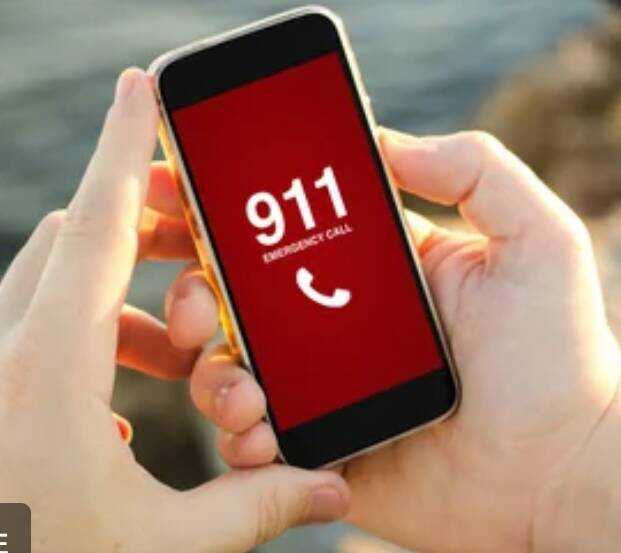TOP STORY OF THE DAY: HOW TO REPORT CRIMES

Realizing you have become a victim of a crime can be overwhelming, and reporting one can be frustrating.
Officials offer some suggestions, including:
First, you need to know if it is an active situation (currently happening, an emergency), a crime or problem that was committed, and the location of the crime. When reporting criminal activities, contact local police or sheriff’s department first. These local agencies are the first line of protection within a community.

In Clay County, the Clay County Sheriff’s Department is the home of the central dispatch system for all local law enforcement, including town marshals and fire departments. The contact number is 812-446-2535, EXT- 5.
All callers must be prepared to give the basic information necessary for problem-solving: The Five Ws.
Who
What
Where
When
Why
Also, be prepared for additional questions regarding How and When.
Note: Each question should have a factual answer—facts necessary to include for a complete report.
911 CALLS SHOULD ONLY BE MADE IF:
There is immediate danger and/or a life-threatening situation, or you fear for your safety or the safety of others.
Someone is injured or experiencing a medical emergency, or there is a fire.
While talking with the 911 operator, remain calm, speak clearly, and be prepared to answer any necessary questions. (Remember the Five Ws.)
Stay on the phone if it is safe or until advised to hang up.
Many 911 centers support devices for the hearing impaired.
If a call requires a transfer to that device or another agency, stay on the line, although there may be a series of clicks as the transfer occurs.
If a 911 center is extremely busy and calls cannot be answered within approximately 15 seconds, a recording may indicate that operators are busy.
However, the Clay County 911 Dispatch Center is different.
Clay County E911 Coordinator/Chief Dispatch Supervisor Melissa Gambill has confirmed that if dispatch receives many calls simultaneously, the 911 emergency calls are rolled over to another dispatch center.
YOU MAY BE ASKED:
The emergency location – the exact address, intersection, and place name (for example, shopping center, school, hotel, etc.)
The nature of the emergency (what is going on right now, description of people and/or vehicles involved, any weapons involved, how long ago did the incident occur)
You will be asked questions about the patient’s physical condition if it is a medical emergency.
Your (the caller’s) name and telephone number – a request to remain anonymous will be honored, and you may be asked whether you want an officer to respond to see you.
Be prepared to follow any instructions the dispatcher gives you. They can provide step-by-step information about what to do until help arrives.
